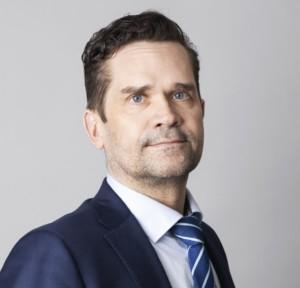The Arctic region is transforming rapidly from a peripheral region to a global theatre with increasing number of non-Arctic stakeholders. One illustration of this process is the growing presence of China in the Arctic. Beijing released its first official Arctic governmental paper in January 2018. This White Paper was the culmination of a long process, which China undertook over the past decade to demonstrate its growing knowledge of, and commitment to, the Arctic region in order to be accepted as an Arctic player despite its lack of geography north of the Arctic Circle. Thus far, the responses to Beijing’s Arctic strategies have been mixed, and have been viewed differently in various parts of the Arctic region. The seminar examines China’s evolving Arctic policy and the country’s diplomatic, economic and strategic presence in the region, as well as the ramifications in Finland.
The seminar marks the publication of the report China in the Arctic funded by the Government Plan for Analysis, Assessment and Research.






